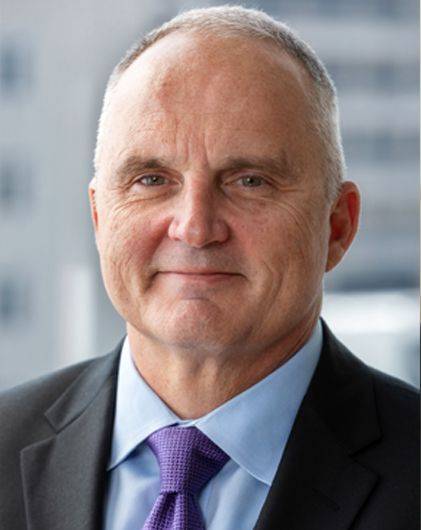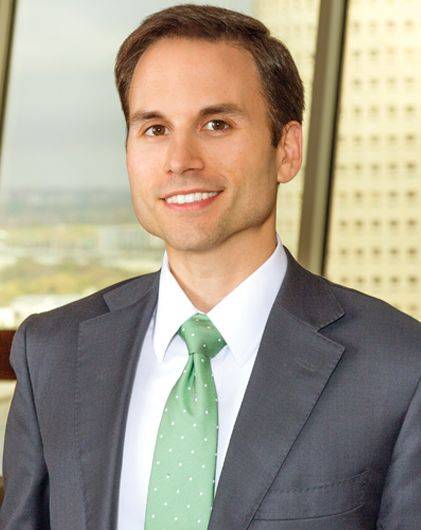What to Look for as COVID-19 Fraud Cases Rise
As COVID-19 continues to spread, fraudulent activity is also rising. Unfortunately, criminals increase their illegal activity in the most uncertain of times. But reporting these fraud cases can help slow down criminals and make the public aware of these activities.
On March 20, U.S. Attorney General William Barr issued a press release regarding how to report suspected COVID-19 related fraud. Specific examples of these types of fraud include:
- Individuals and businesses selling fake cures for COVID-19 online and engaging in other forms of fraud
- Phishing emails from scammers posing as the World Health Organization or the Centers for Disease Control and Prevention
- Malicious websites and apps that appear to share coronavirus-related information to gain and lock access to your devices until payment is received
- Seeking donations for illegitimate or non-existent charitable organizations
- Medical providers obtaining patient information for COVID-19 testing and then using that data to fraudulently bill for other tests and procedures
If you have information concerning any of the above schemes, you are encouraged to report this information to the National Center for Disaster Fraud (NCDF) at 1-866-720-5721 or by emailing disaster@leo.gov. This hotline is available 24 hours a day, seven days a week.
NCDF investigators will refer complaints to the appropriate federal, state or local agency for further action. Additionally, by reporting the fraudulent schemes to the NCDF, the aggregated complaints provide analyses and trends to law enforcement and the public.
The NCDF was established in 2005 to coordinate the Hurricane Katrina relief fraud investigations. Since that time, it has become the national center for fraud related investigations for natural and man-made disasters. During this period, the NCDF has processed more than 95,000 fraud related complaints.
Barr’s press release can be found on the DOJ website. More information on the NCDF can be found on its website.
Please contact Walt Green, Jason Pill or Gregory Reda if you have any questions regarding this fraud-related update.



